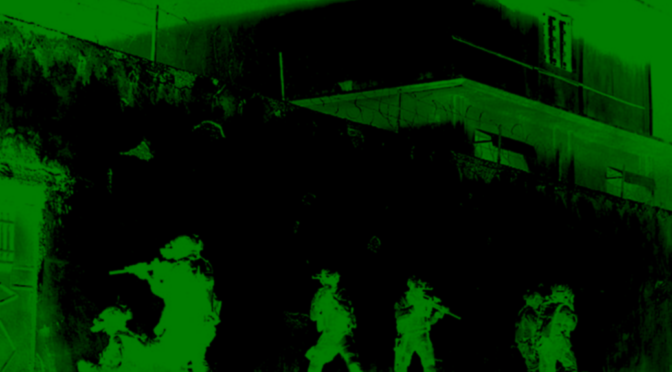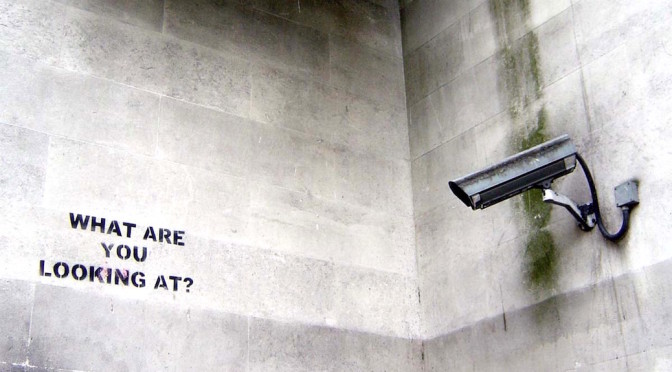MAJ Peter Combe argues that the covert action statute prohibits the Central Intelligence Agency from violating self-executing treaties to which the United States is party, as well as non-self-executing treaties and customary international law implemented by statute, but it provides domestic legal authority to violate non-self-executing treaties and customary international law that have not been… Continue reading The Covert Action Statute: The CIA’s Blank Check?
Tag: Executive Power
An Essay on Domestic Surveillance
In his essay on domestic surveillance, Philip Heymann explores the ways in which technological advancements have changed expectations of privacy and the legal protections against government intrusion. He outlines current constitutional and other legal protections, including evolving limitations on government activity that could be considered not a “search” under the Fourth Amendment. Heymann concludes with predictions about the future… Continue reading An Essay on Domestic Surveillance
Sentencing Considerations & Their Implications on Foreign Policy
At JNSLP’s Feb. 11, 2015 symposium on “Trials and Terrorism: The Implications of Trying National Security Cases in Article III Courts,” an expert panel was convened to discuss trends in sentencing considerations in Article III terrorism prosecutions, and what the implications for these cases portend for american foreign policy. The panel consisted of a judge, a… Continue reading Sentencing Considerations & Their Implications on Foreign Policy



